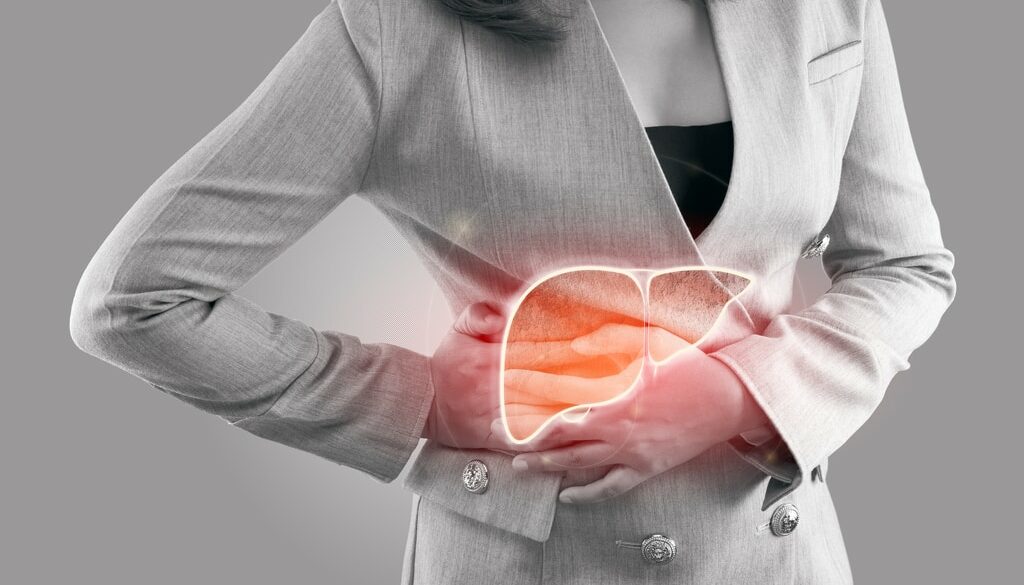The toll of excessive alcohol consumption on the human body is well-documented, with the liver often bearing the brunt of the damage. Alcohol-related liver disease is a grave concern for many, and people often wonder if it’s possible to repair the liver after years of heavy drinking. In this article, we will explore the mechanisms of alcohol-related liver damage, the potential for liver recovery, and the steps one can take to support liver health.
The human liver is an astonishing organ, known for its remarkable ability to regenerate and heal. However, it’s also highly vulnerable to the mental health clinics effects of excessive alcohol consumption. Alcohol-induced liver damage is a growing concern, and many individuals wonder if it’s possible for the liver to recover after years of alcohol abuse. In this comprehensive article, we will delve into the intricate mechanisms of alcohol-related liver damage, explore the potential for liver recovery, and discuss the steps one can take to support the healing process.
Section 1: Understanding Alcohol-Related Liver Disease
1.1 The Liver’s Vital Role
The liver is a remarkable organ that performs a multitude of crucial functions in the body. From detoxifying harmful substances to processing nutrients and filtering blood, it plays a central role in maintaining overall health.
1.2 The Impact of Alcohol
Excessive alcohol consumption can have a devastating impact on the liver. When you drink alcohol, your liver metabolizes it into less toxic substances. However, chronic, heavy drinking can overwhelm the liver’s capacity to detoxify, leading to liver damage.
1.3 Stages of Alcohol-Related Liver Disease
Alcohol-related liver disease progresses through three main stages: fatty liver, alcoholic hepatitis, and cirrhosis. These stages represent a continuum of liver damage, with cirrhosis being the most severe and irreversible.
Section 2: Can You Repair Liver Damage from Alcohol?
2.1 Reversibility of Liver Damage
The good news is that the liver has a remarkable ability to regenerate and heal. In the early stages of alcohol-related liver disease, particularly with fatty liver and mild alcoholic hepatitis, the liver can recover if you make significant changes to your lifestyle.
2.2 Abstinence from Alcohol
The most crucial step in reversing alcohol-related liver damage is to stop drinking alcohol entirely. This allows the liver to focus on healing without the added burden of processing more alcohol. If you continue to drink, even in moderation, the liver damage will persist and may worsen.
The most fundamental step in reversing alcohol-induced liver damage is to halt alcohol consumption completely. Abstinence provides the liver with an opportunity to focus on healing without the additional burden of processing alcohol. Continued drinking, even in moderation, will perpetuate liver damage and may lead to further deterioration.
2.3 Improved Nutrition
Proper nutrition is a key factor in liver recovery. A diet rich in fruits, vegetables, whole grains, and lean proteins can support liver health. Nutrients like vitamin E and antioxidants have been shown to aid in the repair of liver cells.
2.4 Weight Management
Excess body weight, especially obesity, can exacerbate liver damage. Losing weight through a balanced diet and regular exercise can reduce fat accumulation in the liver and promote healing.
2.5 Medications and Medical Treatment
In some cases of severe alcoholic hepatitis, medical interventions, including medications and hospitalization, may be necessary. These treatments can help manage complications and support the liver’s healing process.
Section 3: Steps to Promote Liver Recovery
3.1 Early Detection
Regular medical check-ups and liver function tests can help detect alcohol-related liver disease in its early stages. Early detection allows for more successful intervention and recovery.
3.2 Seek Professional Guidance
Consulting with a healthcare provider, particularly a liver specialist or hepatologist, can provide personalized advice and treatment options based on the severity of your liver damage.
3.3 Alcohol Rehabilitation Programs
For individuals struggling with alcohol addiction, rehabilitation programs and counseling can provide the necessary support and resources to achieve and maintain sobriety.
3.4 Stay Hydrated
Proper hydration is essential for liver health. Drinking enough water helps the liver function optimally and aids in the detoxification process.
3.5 Limit Processed Foods
Processed foods, high in sugar, unhealthy fats, and additives, can strain the liver. Reducing their consumption and opting for natural, unprocessed foods is beneficial.
Conclusion
Alcohol-related liver disease is a serious condition, but the liver has the remarkable ability to heal and recover, provided that you take the necessary steps. The most critical factor in liver recovery is abstinence from alcohol, coupled with a healthy lifestyle, proper nutrition, and, in some cases, medical intervention. If you or someone you know is struggling with alcohol-related liver disease, remember that seeking professional guidance and making positive lifestyle changes can lead to a healthier, happier future. Your liver has the potential to bounce back, and your commitment to recovery is the first step in the right direction.
It allows your liver to heal without the additional stress of processing alcohol. While the early stages of recovery can be challenging, the rewards in terms of improved liver health and overall well-being are immeasurable.


